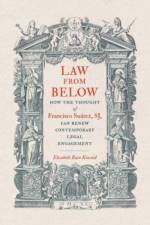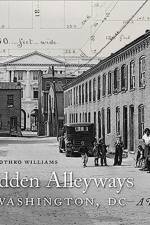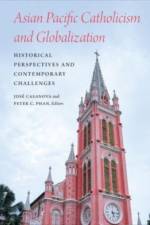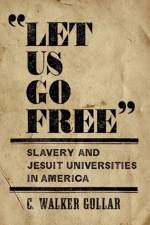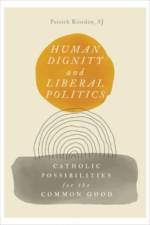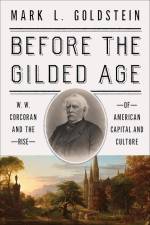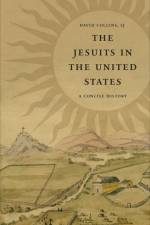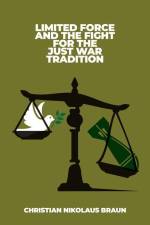av Thomas J. Bussen
369,-
"In the face of entrenched politics in a polarized society, ineffective economic policy in an unequal society, and environmental inaction in a world that is burning, many well-intentioned people are left feeling helpless, dispirited, and most importantly, apathetic, before an immovable force. They recognize the need for structural, legislative, and policy changes to address the legacy of slavery and deeply rooted inequality in the United States in particular, but they still may yearn to do something as individuals to promote change in these areas. What changes can individuals make in their personal lives that could foster a more civil, equitable, and sustainable society? Recovering lawyer and Miami University business professor Dr. Thomas J. Bussen, Washington University's Dr. Timothy Bono, and longtime academic-practitioner Dr. Henry Biggs address this question in a meticulously researched and empirically rooted book. Together they present a sharp critique of America's ruthlessly self-interested culture while offering a holistic understanding of "enlightened self-interest" as an actionable alternative.They first identify how our own taken-for-granted assumptions and societally sanctioned competitions for money, power, and fame promote selfishness, personal alienation, and widespread inequality. Crucially, however, they then propose a simple, specific, and immediately actionable alternative: acting with enlightened self-interest, in which self- and other- interests merge fluently.With the knowledge that individual actions are not enough, they ask the reader this question: For all that we cannot do, is it not time to ask what each of us can do? Is it not time to do the hard work, to move the proverbial needle - even if it does little more than quiver? Is it not time to know, with a certainty that is rare in this complex and confusing world, that to change any life is to change a universe? With humility, with patience and empathy for self and others, and with a clear lens through which to view each of our worlds, let us shake the foundations on which we stand"--


